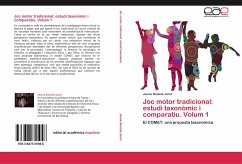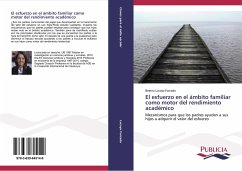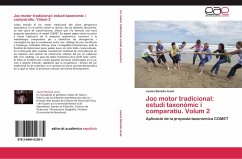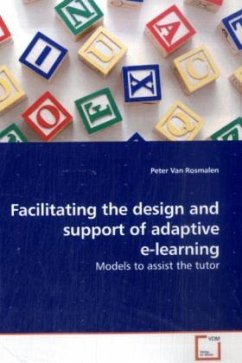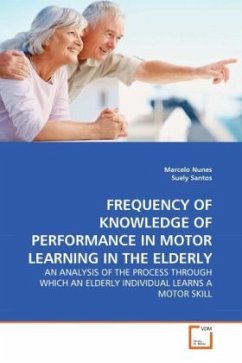
FREQUENCY OF KNOWLEDGE OF PERFORMANCE IN MOTOR LEARNING IN THE ELDERLY
AN ANALYSIS OF THE PROCESS THROUGH WHICH AN ELDERLY INDIVIDUAL LEARNS A MOTOR SKILL
Versandkostenfrei!
Versandfertig in 6-10 Tagen
32,99 €
inkl. MwSt.

PAYBACK Punkte
16 °P sammeln!
Studies carried out in the last few decades have converged on significant evidence of an age-related decline in the speed of information processing and motor control, in addition, many factors influence motor learning, which makes it difficult to determine to what extent ageing affects learning. Given the decline in cognitive processes that accompanies ageing, combined with the changes in motor control related to age, there are reasons to suspect that the factors affecting learning, may act differently in older adults compared to young people. Thus, bearing in mind the changes in the processin...
Studies carried out in the last few decades have converged on significant evidence of an age-related decline in the speed of information processing and motor control, in addition, many factors influence motor learning, which makes it difficult to determine to what extent ageing affects learning. Given the decline in cognitive processes that accompanies ageing, combined with the changes in motor control related to age, there are reasons to suspect that the factors affecting learning, may act differently in older adults compared to young people. Thus, bearing in mind the changes in the processing of information by this population, especially in terms of short-term memory, an important question can be asked: what is the frequency of KP that positively influences the performance of elderly individuals during the learning process? This book will help understand how the provision of extrinsic feedback can be accomplished efficiently, optimizing the learning process of the older adult, thereby helping teachers / technicians and researchers in the field of motor behavior to understanding how the interaction between the process learning of the elderly and extrinsic feedback.







